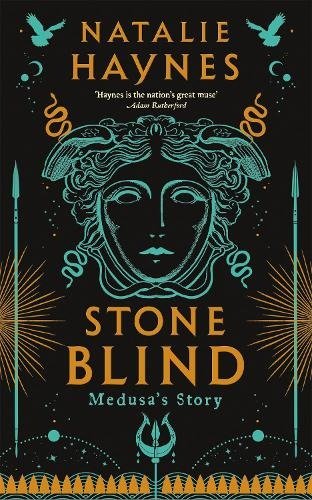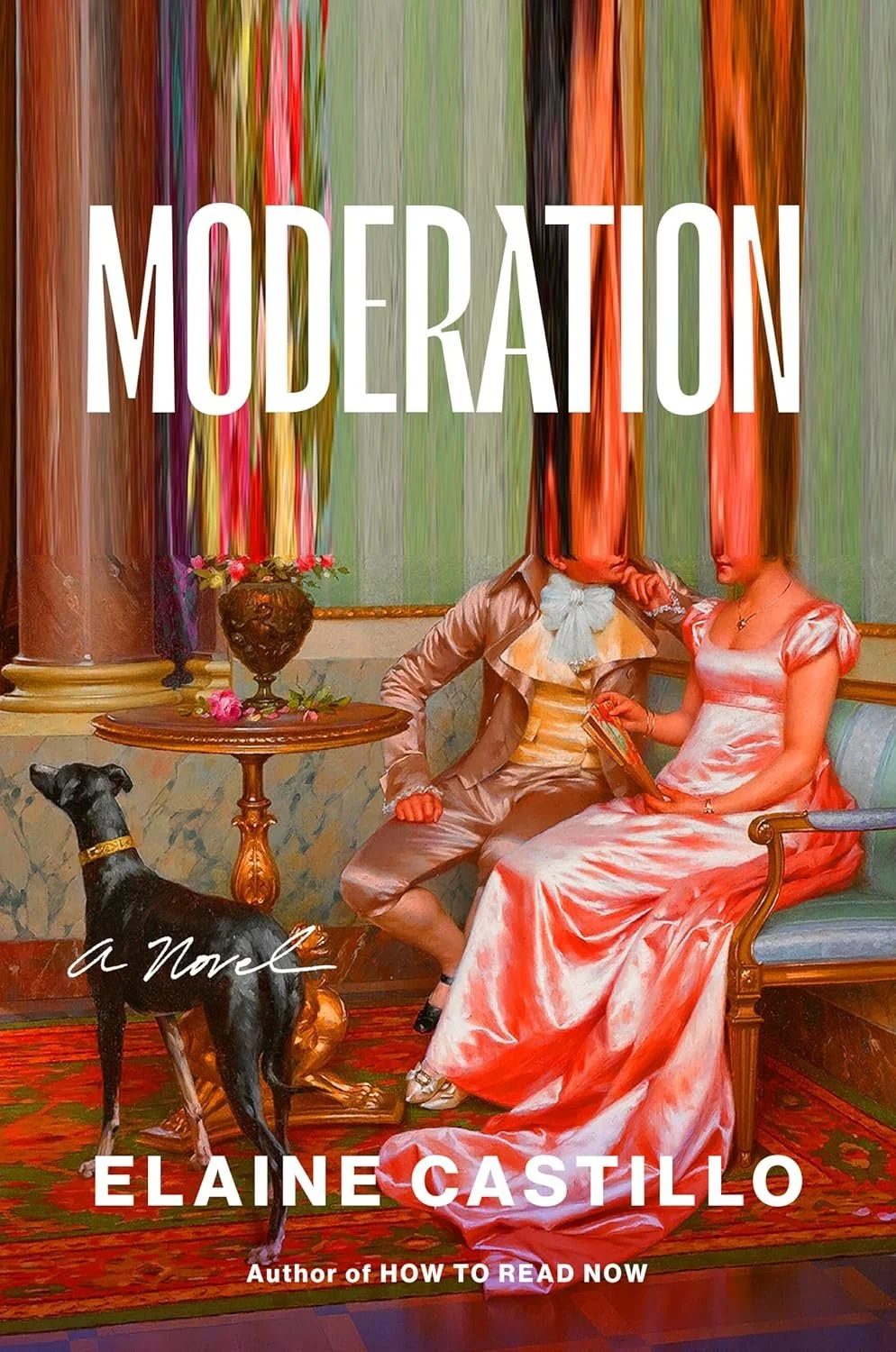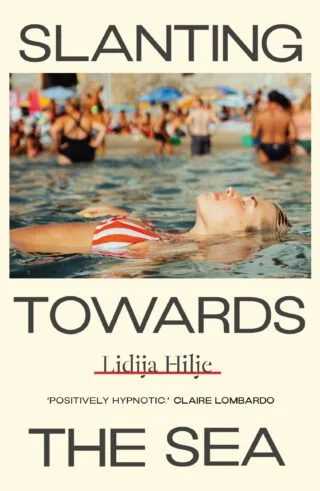Stone Blind, Natalie Haynes
‘He thinks anyone who is not like him is a monster: have you noticed? And any monster needs killing.’
Natalie Haynes is known for writing novels about ancient Greek myths, choosing to focus on the female characters rather than the male heroes. Her latest novel, Stone Blind, is about Medusa; the famed gorgon with snake-hair who can turn people to stone with a look. Lovers of Classics will be drawn to this novel, as it has a fresh, humorous voice and an interesting, creative structure.
Haynes’ novel takes common elements from ancient literature, weaving them into a narrative alongside other mythological tales, such as the birth of Athene and a re-imagining of Medusa’s upbringing. The novel opens with the Gorgoneion asking whether the hero is always brave. This theme resounds throughout the book, as Medusa is seen as a kind woman who is used and abused by the gods through no fault of her own. In particular, the relationship between Medusa and her sisters is the emotional core of the novel.
The story is told from several points of view, including animals and non-sentient beings. This creative, roving eye gives the novel an epic feel, as we move between the Gods on Olympus to Perseus and Andromeda. In contrast to Medusa and her sisters, the novel uses a sarcastic voice to portray the gods, kings and heroes as weak; Zeus is an imbecile and a philanderer, Athene is a narcissist and Perseus is a petulant child.
For many readers who are familiar with the myths, this may bring about the rightful vindication for Medusa; however, the strength of the humorous voice when focusing on the secondary characters may leave readers feeling that Medusa’s sections are less engaging, which leads to her backstory feeling slightly shallow. Readers will have to decide for themselves whether Haynes has succeeded in vindicating Medusa, as I personally felt that Stone Blind was missing a crucial element – Medusa herself.
Editorial Picks




